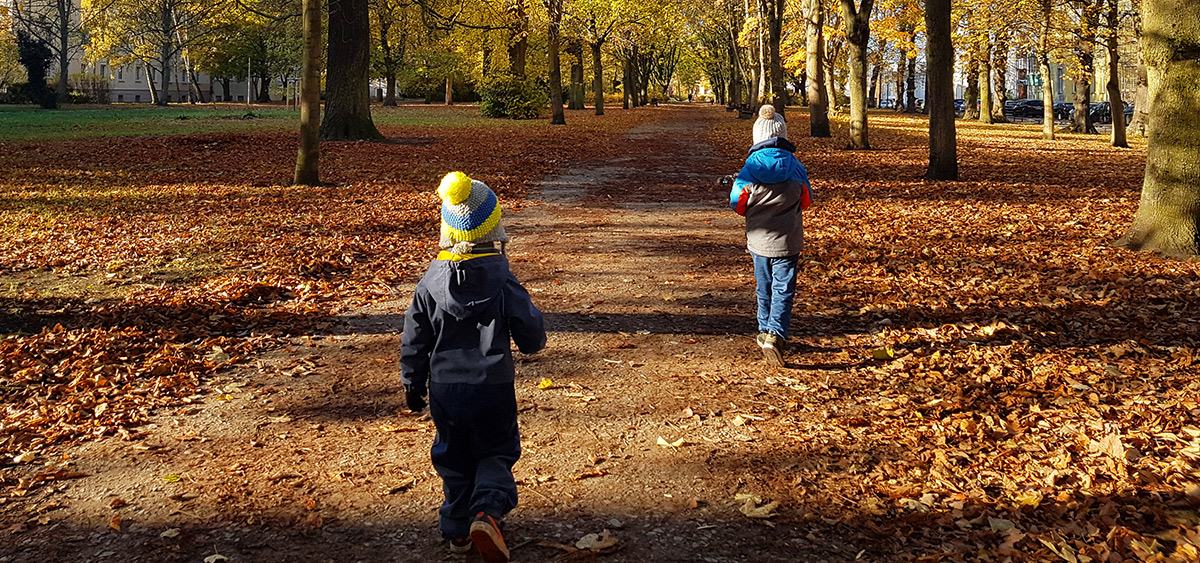|
If you fear that the safety or development of a child is in danger, contact the DYP of your region. If the situation is urgent, call the police at 9-1-1. |
The Director of Youth Protection (DYP) is the Quebec organization that gets involved if a child’s safety or development is in danger. For example, the DYP intervenes if a child is being sexually or physically abused or has been abandoned or neglected.

When a situation is reported to the DYP
To become involved in the life of a family, the DYP must receive a report alerting it to a problematic situation involving a child. Once it receives such a report, the DYP investigates the situation and the risks for the child.
Here are some of the reasons the DYP may intervene:
- The child has been sexually or physically abused or faces a serious risk of such abuse.
- The child has been abandoned. For example, the parents have died, and there is no one to care for the child.
- The child is being neglected. For example, the child isn’t being fed properly or isn’t being supervised adequately given the child’s age, the child lives in an unsanitary home, or isn’t receiving a proper education.
- The child has been emotionally abused. For example, the parents make the child feel worthless or unwanted, or the child has been exposed to family violence.
- The child has serious behaviour problems. For example, the child has a drug problem or is violent.
- The child has run away.
After analyzing the situation, the DYP decides whether to intervene, or not. It will intervene if it concludes that the child’s safety or development is in danger.
A case-by-case assessment
The DYP will look at different factors in deciding whether to intervene. It will consider the seriousness of the situation, the child’s age, and whether the parents are willing and able to protect the child. When the DYP decides to intervene, it can take different measures to protect a child.
However, the DYP doesn’t always intervene when it receives a report. In other words, even if there was some reason to be concerned about the child, the DYP can decide that it does not need to intervene. In this situation, the DYP must inform the parents and the child of resources available to provide them with support.
Measures the DYP can take
When the DYP intervenes, it can:
- Propose an agreement with the family, with measures such as meeting with a social worker every two weeks. If the family accepts the agreement, it must respect it.
- Ask the court to impose specific measures. If the court concludes that the safety or development of a child is in danger, it can order that certain measures be put in place to protect the child. The parents must respect the court’s decision.
The DYP can intervene on an urgent basis
If the DYP is alerted to an urgent situation, it can intervene immediately to protect the child. For example, the DYP can immediately remove a child from the place they are living or restrict contacts between parents and the child.
Because these are emergency measures, the parents cannot contest them. However, these measures can only last up to 48 hours.
When these measures expire, the DYP can ask the parents to extend them, or it can bring the case before the court.
The child can get a free lawyerWhen the DYP intervenes, the child can be represented and advised by a legal aid lawyer for free. |





